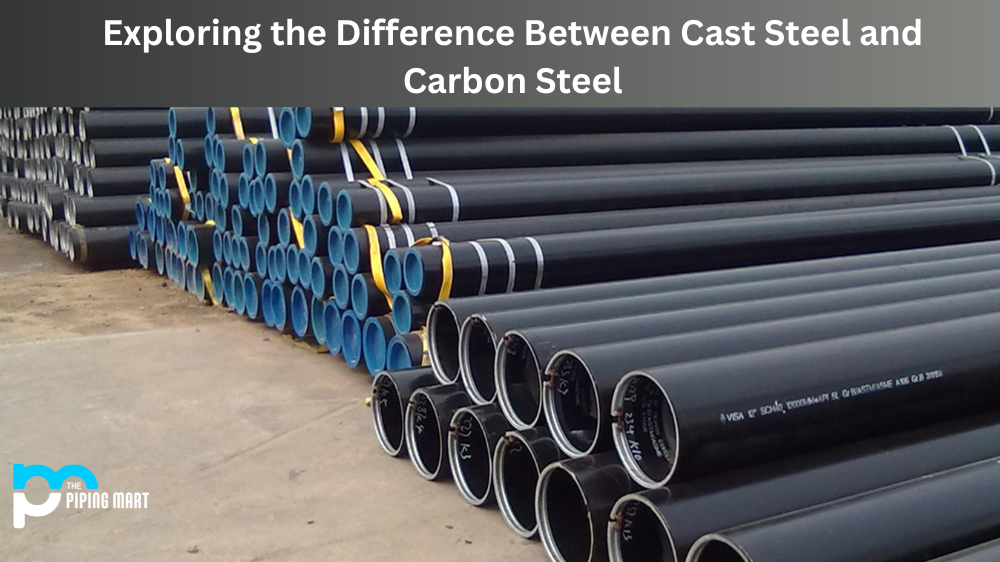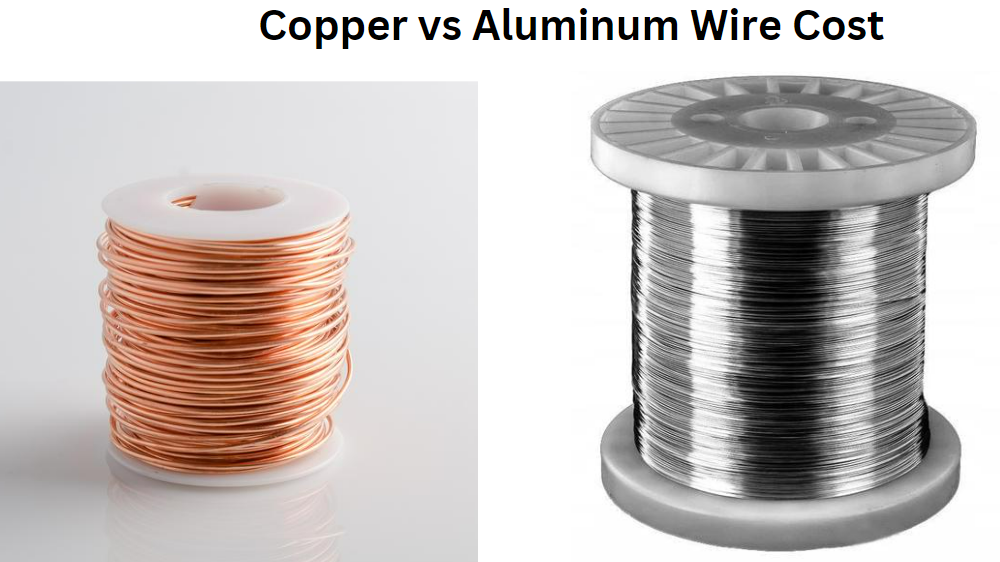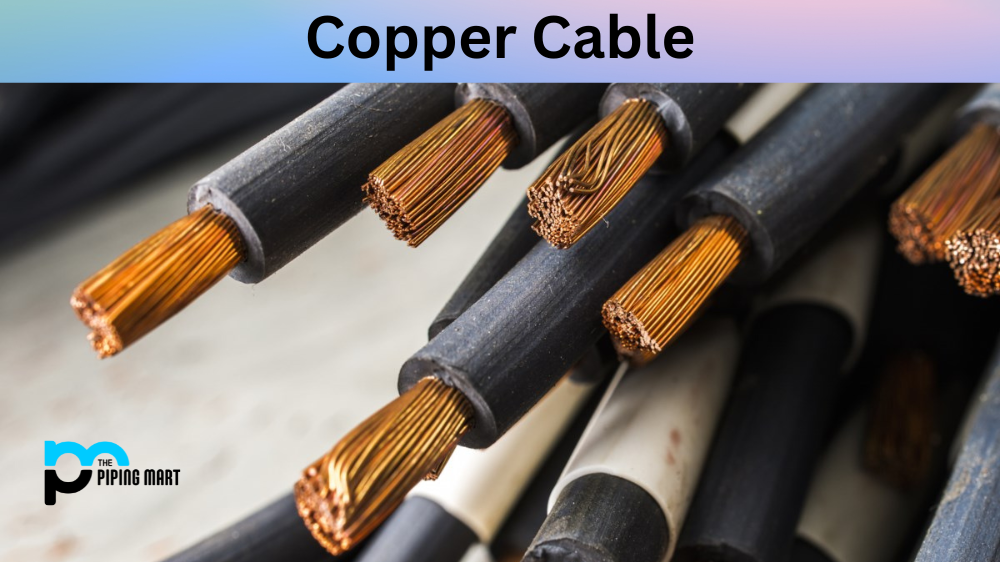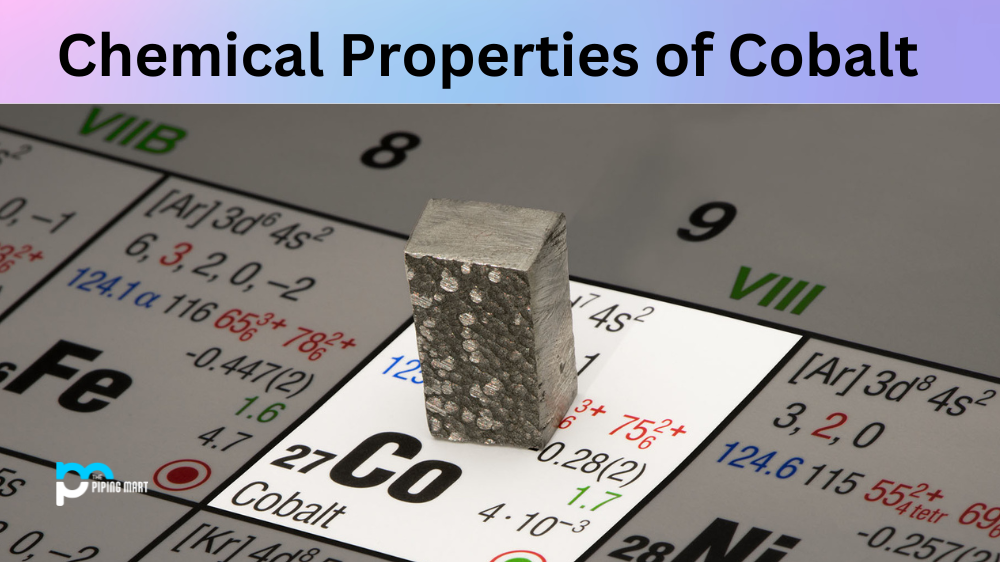For many engineers and metalworkers, understanding the differences between cast steel and carbon steel is essential for finding suitable materials for their projects. Both of these metals are incredibly tough and durable, but their unique characteristics make them better suited for different tasks. Let’s take a closer look at cast steel vs. carbon steel so you can determine which one is best for your next project.
What Is Cast Steel?
Cast steel is an alloyed steel made by pouring molten metal into a mold. This process helps to create a robust and uniform product with excellent thermal properties and consistent strength. It also allows for greater control over the shape of the final product. In terms of strength, cast steel is about twice as strong as carbon steel, yet it still maintains its ductility. This makes it perfect for projects that require both strength and flexibility.
What Is Carbon Steel?
Carbon steel is an alloy made from iron and carbon—hence the name—with other elements like manganese added to improve its performance in specific applications. It’s incredibly malleable while maintaining strength, making it ideal for fabrications such as pipes or beams. Carbon steel has superior weldability but slightly lower tensile strength per unit weight than cast steel due to its lack of alloying elements like chromium or nickel.
Difference Between Carbon steel and Cast steel
Composition
Cast steel is made from a combination of carbon and iron, while carbon steel is made from iron and carbon. The main difference is that cast steel has a lower carbon content than carbon steel.
Strength
Cast steel is stronger than carbon steel due to its higher carbon content. Carbon steel is weaker than cast steel but can be heat treated to increase its strength.
Uses
Cast steel is typically used in applications where strength and durability are required, such as in the construction industry. Carbon steel is commonly used in the automotive and aerospace industries.
Cost
Cast steel is more expensive than carbon steel due to the higher carbon content and manufacturing process. Carbon steel is less expensive than cast steel.
Properties
Cast steel has a higher density than carbon steel due to its higher carbon content. Carbon steel has a lower density than cast steel.
Conclusion:
When choosing between cast steel vs. carbon steel, there is a challenging answer since each material has unique characteristics that make it better suited for specific projects than others. In general, if you’re looking for a fabric with a high tensile strength that can be poured into molds for precise shaping, cast steel may be your best bet; however, if you need something with superior weldability, then carbon steel may be more suitable for your needs. Ultimately, it all comes down to understanding your requirements before deciding which material will work best for your project or application.
Meet Heer, a dynamic and driven writer learning tricks of her trade in the metal industry. With a background in Digital Marketing, Heer brings a unique perspective to her writing, sharing valuable insights. Apart from blogging she like reading and hiking.




